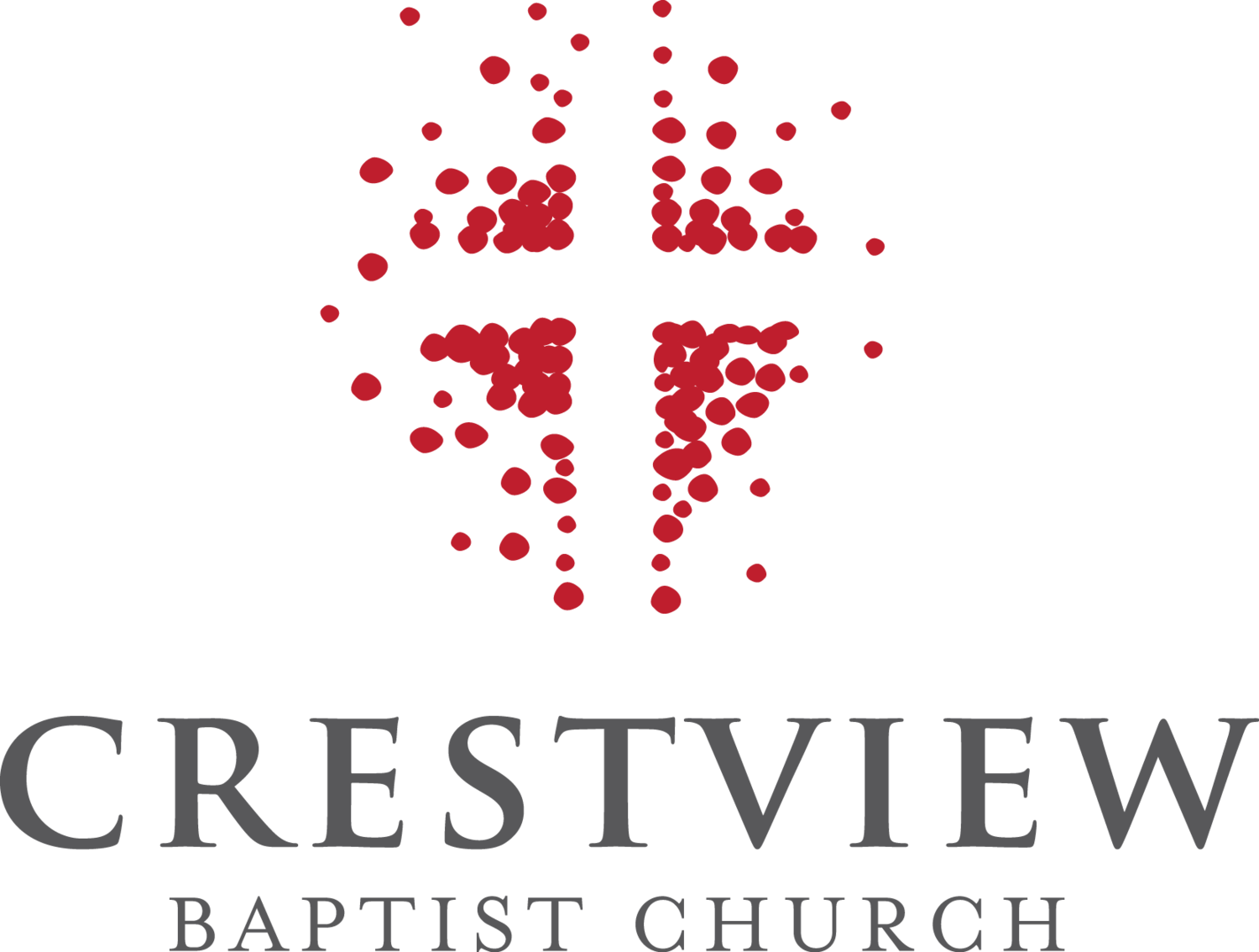"Only a Philistine could fail to love the Psalms."
Ronald B. Allen's quip brings a smile to all who treasure the Bible’s book of poetry. I am grateful for Rocky Stubbs launching us into the Summer Psalms series yesterday with Psalm 118. As we prepare for Psalm 35 this coming Lord’s Day, appreciate Jim Hamilton’s introduction to these inspired songs of our faith:
No other body of poetry lyricizes the epic deeds of the living God, celebrating the past, signifying the future, interpreting the present, making God known. No other body of poetry both claims to be the word of God and has the Holy Spirt bear witness to that claim, a claim recognized by the people of God across space and through time. No other body of poetry has as its principle author God’s chosen king, whose line of descent traces back through Judah to Abraham, and further still to Shem, Noah, and Adam. Nor can any other poetic or literary tradition lay claim to the fact that King David, in writing of his own experience with God in the world, simultaneously wrote as a type of the one to come, Jesus, the world’s best and only hope. We love the Psalms because in them we encounter God, and as Scott Hafemann affirms, “knowing God is not a means to something else.[1]
Let’s pray for the church as we hear the Psalms preached each week, read the week’s psalm several times to prepare, and intercede for the preacher to love the word, study diligently, and rightly divide it before the congregation as we worship the Lord of the Psalms.
For His Glory,
Pastor Thomas
[1] James M. Hamilton, Psalms: Volume 1: Psalms 1-72. Evangelical Biblical Theology Commentary (Bellingham: Lexham, 2012), 1.


